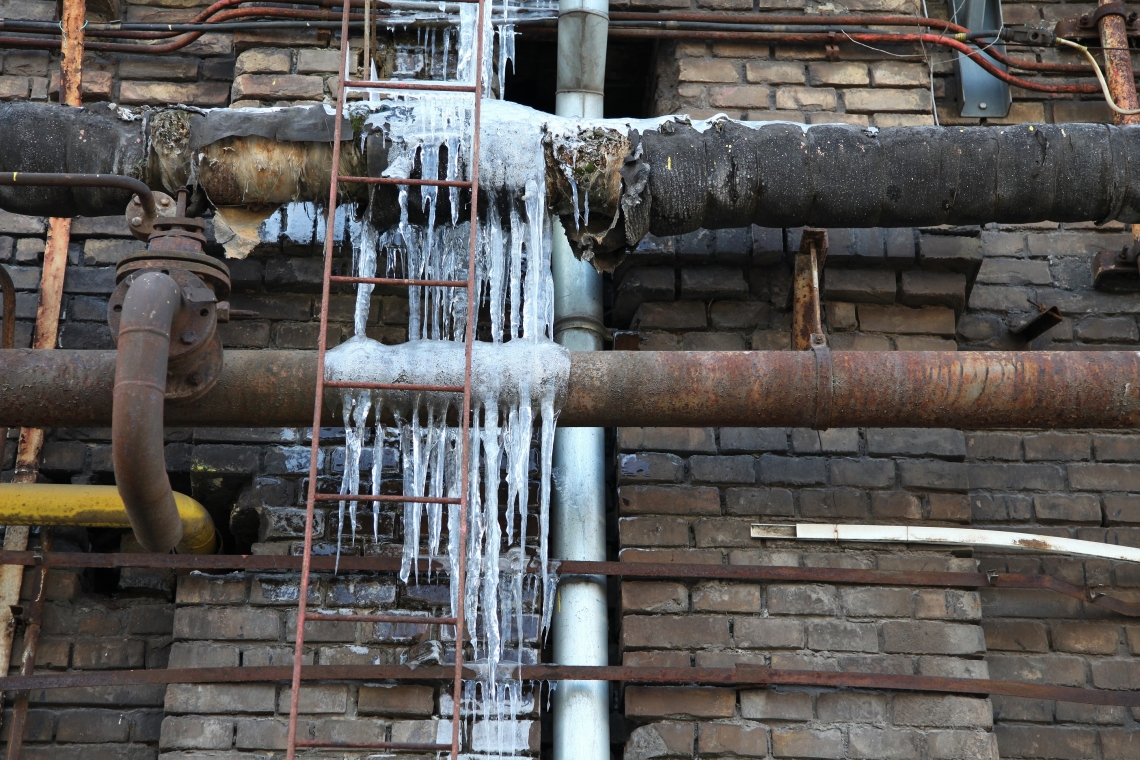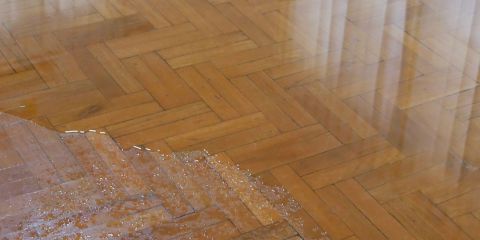2018
Dealing With Frozen Pipes and Flooded Basements

What Causes Leaking Pipes?
As the days grow shorter during the winter months, one thing is certain; colder temperatures. As temperatures drop below freezing, water turns from a useful liquid to frozen, solid ice. This is not a problem, unless that ice is in your pipes. Winter can also bring heavy rains, and a sump pump might be a necessity for houses in flood susceptible areas.
Water has a unique property in that the volume increases when it freezes into ice. This increase in volume can cause pipes to crack and break, leading to leaking pipes. When conditions warm back up, you now have a flooded basement. It is best to avoid having this happen by keeping the pipes in your crawl space warm, and installing frost-free faucets on outdoor taps, but sometimes disaster can strike.
What Can be Done?
Historically potable water was carried with copper plumbing. This option is not only expensive due to the demand for copper, but also more time consuming to install. Modern potable piping is now done with crosslinked polyethylene tubing, or PEX piping. PEX is easy to cut, replace, and crimp in new sections. When a section of PEX piping is leaking, a professional can quickly remove the cracked section, and using couplings crimp on a new, non-leaky piece of PEX pipe.
If you have a basement that is flooding due to heavy rain, make sure that your sump pump is working properly. Sump pumps are devices that climate moisture and carry water away that may be sitting in a basement or crawl space. Whether you need a sump pump or not depends on your location, so be sure to ask a professional. The best way to avoid a flooded basement is to be proactive, but if disaster strikes, be sure to get it fixed right away.
